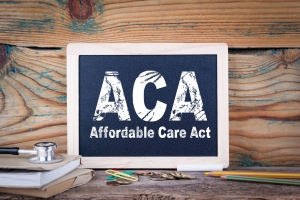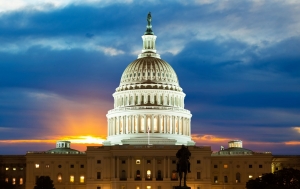Employers
There seems to be a lot of confusion about the status of the Individual Mandate, so we thought it would be appropriate to provide some clarification on its status.
On April 26, the Internal Revenue Service (IRS) announced relief for taxpayers with family coverage under a High Deductible Health Plan (HDHP) who can contribute to a Health Savings Account (HSA).
- Providing participants with important information in writing about plan features and funding.
- Establishing an appeal and grievance process for participants to receive benefits from the plan.
The Affordable Care Act (ACA) created a research institute known as the Patient-Centered Outcomes Research Institute (PCORI). The goal of PCORI is to help patients and those who care for them make better-informed decisions about healthcare choices. PCORI is funded by fees which are charged to health plans.
The following information is designed to help employers understand their payment obligations.
Last month, U.S. Representative Mike Kelly (R -PA) introduced the Bipartisan HSA Improvement Act. The proposed legislation would improve and enhance Health Savings Accounts (HSAs), and unlike most other HSA initiatives, this bill has bipartisan support.
HSAs have been an agenda item for the Republican party since their inception in 2004, but they are now gaining support amongst Democrats too. The Bipartisan HSA Improvement Act is co-authored by Rep. Earl Blumenauer (D-OR) and is being co-sponsored by a mixture of Republicans and Democrats including Erik Paulsen (R-MN), Ron Kind (D-WI), Terri Sewell (D-AL) and Brian Fitzpatrick (R-PA).
As a benefits professional, you know that navigating the benefits industry can sometimes be a tricky endeavor. Let’s face it; employee benefits can be confusing—even for those of us who deal with this stuff for a living. Whether you’re a Human Resource Manager, an insurance agent or benefits consultant, people are counting on you to have all the answers. Flex is here to make sure you get them.










